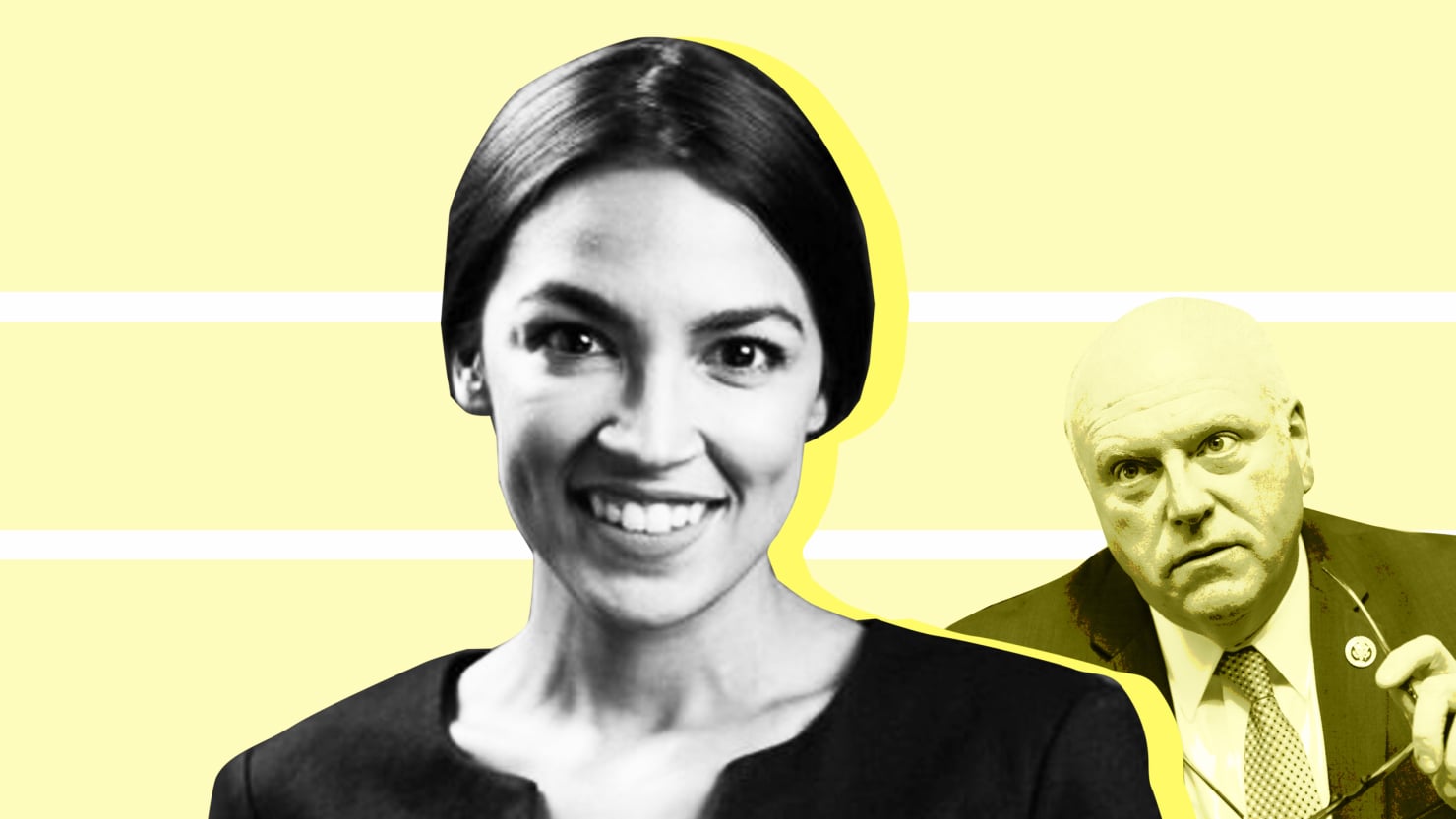The Center for Political Accountability (“CPA”), in partnership with the University of Pennsylvania’s Zicklin Center for Business Ethics Research, is set to release its fourth annual CPA-Zicklin Index. This Index purports to analyze and rank the corporate accountability and transparency of corporate political spending – ranking companies on a scale of 0 – 100.
Since its inception in 2011, activists have used the Index as a powerful tool against publicly traded companies. Activists tout the Index as evidence of corporate support for increased disclosure of so-called political spending and therefore demand that all “non-transparent” corporations fall in-line and disclose things such as lobbying expenditures and trade association dues.
However, the Index’s own rating system is far from transparent. Individual scores often involve closed-door meetings with the CPA to discuss what “corrections” a company can make to improve its score. Even more frightening, the Index has changed its methodology each year to increase the weighting on certain types and methods of disclosure. As a result, several top-ranked companies in the Index have seen their scores drop despite having the same policy year after year.
One might assume that by playing ball with activists (e.g., “voluntarily” disclosing lobbying expenditures), companies can become insulated from being harassed with disclosure-related shareholder proposals. However, this is not the case. A review of companies listed in the Index shows that companies with higher Index scores (companies choosing to make disclosures beyond what is required by law) are MORE likely to receive shareholder proposals related to the disclosure of public policy and lobbying expenditures than companies disclosing less.
- 35.8% of companies ranked in the top quarter (scores above 75%) of the 2013 Index subsequently received shareholder proposals in 2014. This compares to only 22.6% of companies ranked in the bottom quarter (scores below 25%).
- 36.8% of companies ranked in the top quarter (scores above 75%) of the 2012 Index subsequently received shareholder proposals in 2013. This compares to only 24.4% of companies ranked in the bottom quarter (scores below 25%).
Moreover, companies with higher Index scores are subject to increasingly burdensome demands, having a higher propensity to receive requests not just for political spending, but also for trade association and lobbying expenditures.
- 22.6% of companies ranked in the top quarter of the 2013 Index received shareholder proposals focused on lobbying and trade association disclosures in 2014. This compares to only 11% of companies ranked in the bottom quarter.
- 16.9% of companies ranked in the top quarter of the 2013 Index received proposals demanding more than expenditure disclosures (classified by ISS as Political Activities and Action proposals), such as proposals seeking to prohibit political spending or assess membership in ALEC, in 2014. This compares to only 1.8% of companies ranked in the bottom quarter.
The Index is nothing more than a tool for activists to demand increased disclosure and perpetuate the facade that the business community is embracing increased disclosure as a “corporate best practice.”














